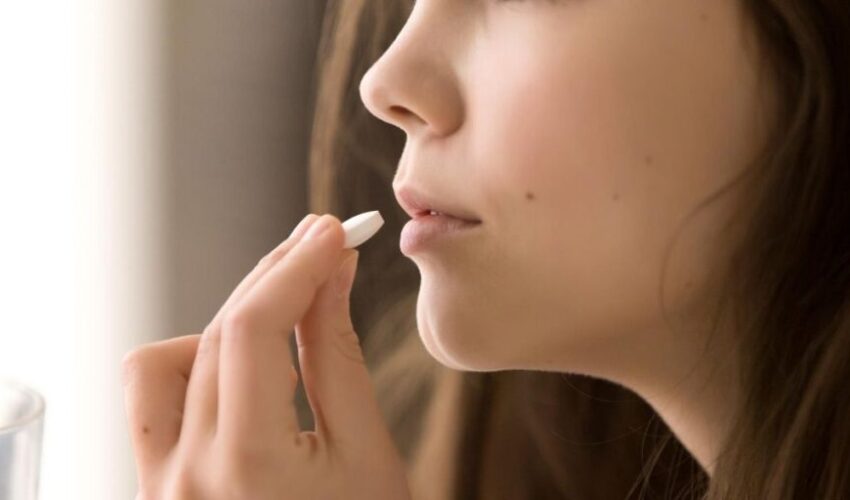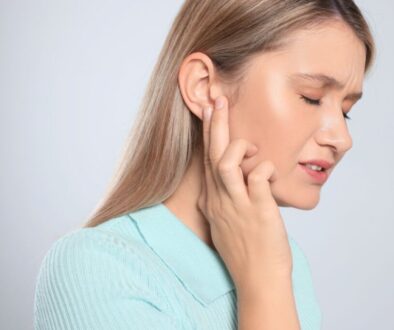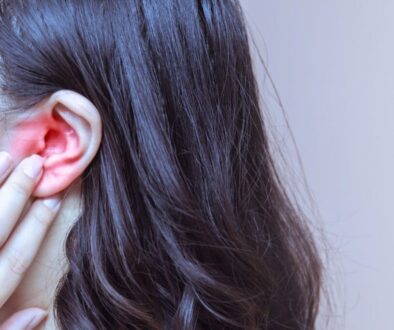The Best Ways to Replenish Good Bacteria After Antibiotics

Published July 31st, 2020
Prevention is always better than cure. That’s an age-old saying when it comes to our health. However, sometimes life blindsides us, and we fall to sickness. When that happens, we’re often left with the undesirable task of taking medicine just to get better. Some of these sicknesses can be more malignant than the common cold or flu and require us to take more potent medication.
One of these medications is antibiotics. The first-ever known antibiotic is penicillin, which was discovered by Alexander Fleming in the year 1928. Antibiotics play a crucial role in modern medicine. They consist of a range of powerful drugs that fight infections caused by bacteria. How they work is they eliminate bacteria and stop them from reproducing.
That’s great and all, but in doing so, they eliminate the beneficial bacteria that reside in our bodies as well. Our bodies have what is called the “microbiome,” the collection of viruses, bacteria, fungi, and protozoa within it. While these terms are associated with being dangerous, that’s not always the case. In fact, our bodies need specific bacteria to maintain healthy immune and digestive systems. Consistently taking antibiotics has been shown to cause some digestive issues like leaky gut.
It is worth noting that, for many, their gut microbiota should generally recover within a few months. Researchers conducted a study on twelve healthy men, making them take a cocktail of antibiotics over a 4-day intervention period. This study lasted six months, but only 1.5 months after the intervention, the subjects’ microbiota returned to normal. However, nine common strains of bacteria present before the study were nowhere to be found following the 6-month study.
This brings us to our main topic: What are the best ways to replenish the good bacteria we lose after taking antibiotics?
Take probiotics.
This method is a bit controversial. While it would make logical sense that you combat losing bacteria by intaking more bacteria, that’s not necessarily the case. One study showed that taking probiotics had a positive effect on C. difficile infections, while another showed the same for antibiotic-associated diarrhea (AAD). The main limitation is that specific probiotic strains should be further studied for their efficacy on antibiotic-related diseases.
However, a systematic literature review showed that the strain L. Rhamnosus came up the most times in previous studies and showed significant effects in reducing AAD.
You’ll want to eat and drink probiotic-rich food and drinks. These include yogurt, kefir, sauerkraut, kimchi, and kombucha.
Since antibiotics may kill off bacteria from probiotics, you’ll want to space the time you take each of these. A rule of thumb is to take probiotics at least 2 hours before or after taking antibiotics to keep its benefits.
Feed the bacteria in your body with prebiotics.
While probiotics repopulate your body with the good bacteria you need, they’ll need food to thrive and reproduce.
Prebiotics are the group of nutrients that your gut microbiota degrade. Our digestive system cannot break down prebiotics, so they make their way through most of our intestinal tract. They make it to the part of the colon where most of the good bacteria reside, by whom they will be degraded.
According to Healthline, the following are some examples of prebiotic-rich foods:
- Garlic
- Onion
- Leeks
- Bananas
- Asparagus
- Barley
- Oats
- Apples

Diversify your microbiome.
What you put into your body has a massive effect on how your digestive system functions. Research shows that the diet you maintain easily influences your gut microbiome.
But why should we diversify our microbiome? To put the long story short, it’s incredibly beneficial, keeping us safe from infections. A diverse gut microbiome produces antimicrobial compounds that defend us from “bad” bacteria. Additionally, the gut microbiota take up the real estate that harmful bacteria may otherwise have. In that way, they essentially kick them out.
We can most easily diversify our gut microbiome by eating a high-fiber diet. Studies show that Western diets are severely lacking in fiber. The results showed less diverse microbiomes in those who kept this kind of diet. Another study compounds this idea, experimenting with how diet affected microbiome on test mice. One group was fed with a high-fiber diet, and the other with a sugary Western diet. The results were similar to the former research piece, showing a much more diverse microbiome in the high-fiber group.
These are some high-fiber foods you’ll want to include in your diet:
- Avocado
- Raspberries
- Artichoke
- Lentils
- Kidney Beans
- Split Beans
- Chickpeas
- Oats
- Popcorn
- Almonds
- Chia Seeds
Stress is the enemy.
As we know, stress is pretty meddlesome for our mental health, but did you know it affects our gut health too? Our gastrointestinal tracts are reactive to our emotions. It can reduce our nutrient absorption, make us gassier, and allow harmful bacteria to enter the system.
Military personnel are heavily exposed to stress regularly. So, it is no surprise that many retired professionals in that field report having multiple health complications post-career. A large part of these health-related issues is strongly linked to gastrointestinal health.
The worst part about this interaction between stress and our gut health is that it’s mutual. When our stress is high, our gut health is weak, and when our gut health is weak, it can lead to stress and anxiety. Our bodies are a bit masochistic, aren’t they?
Move thy butt.
When I say this, I mean exercise. Low-intensity exercise seems to have a protective effect on our gut health. A rich collection of related literature backs this claim, highlighting the benefits of exercise. Its benefits include diversifying our microbiome, proliferation of bacteria, and the production of bacteria that defend against serious illnesses.
Get a good night’s sleep.
Sleep has long been linked with immune system functions. Insufficient sleep often leads to diseases because of your body’s reduced responsiveness to invaders. Previous research has shown that lack of sleep leads to both short-term and long-term adverse health effects.
It comes as no surprise that sleep affects our microbiomes too. A study conducted on mice showed that sleep fragmentation has a small yet significant effect on gut microbiota.
Benefit From The Latest Advancements In Probiotic Science With Bionaze
Bionaze is a proprietary blend of probiotics proven to promote ear, nose, and throat health, improve digestion, and support your immune system. The active ingredients BLIS K12, and BL-04 are considered among the best probiotics according to science.
Get 25% Off Your First Order when you use BIO25 at checkout!

This Content Has Been Reviewed For Factual Accuracy
This content has undergone thorough fact-checking by our team of internal experts. Learn more about the meticulous editorial standard for our website here.
ADVERTISEMENT

About The Author
Judy Ponio is a professional writer based in the Philippines. Her commitment to communicating factual content in when writing is unmatched. She works hard to cross check reputable sources to ensure her work uses accurate facts.




